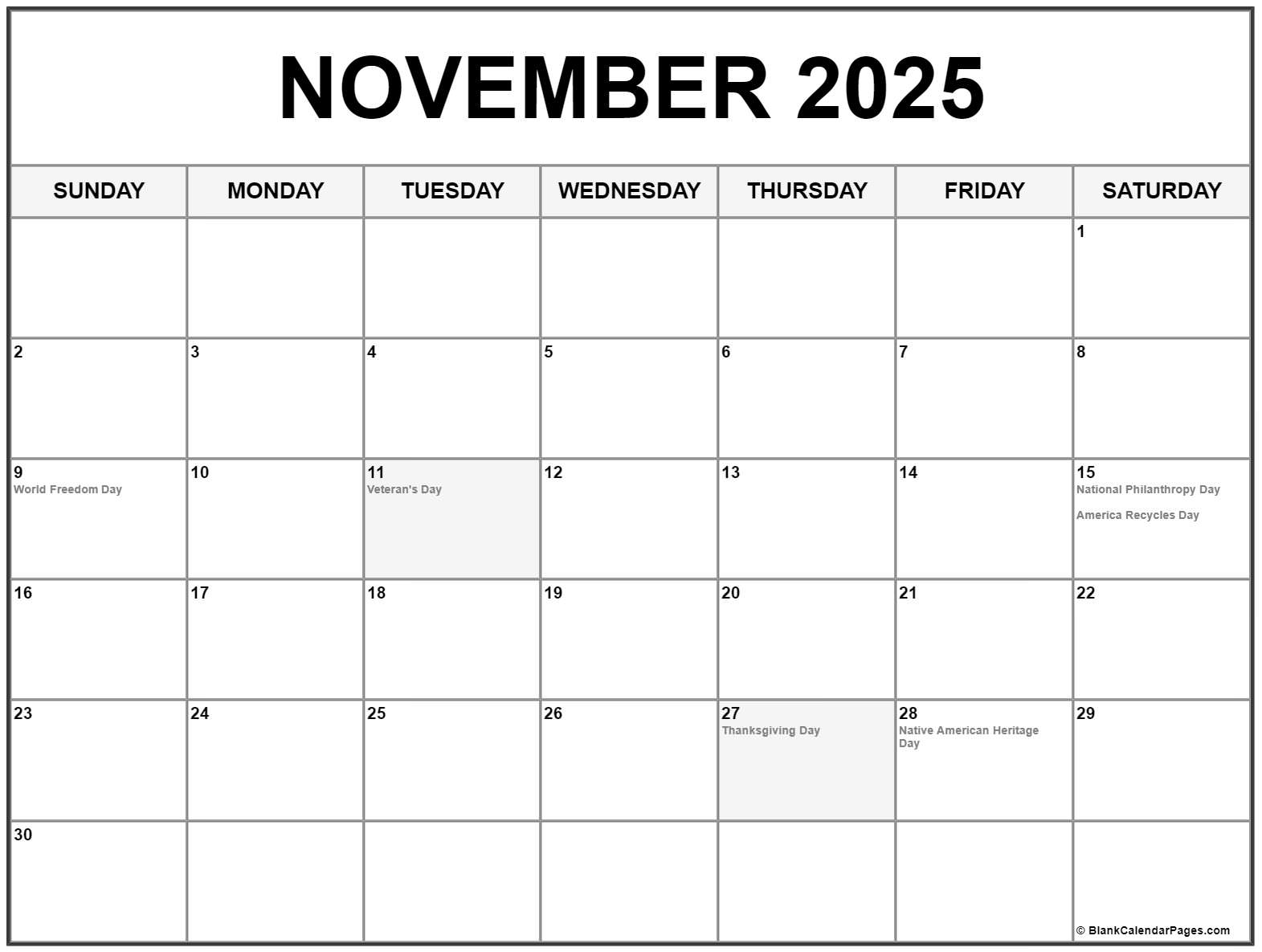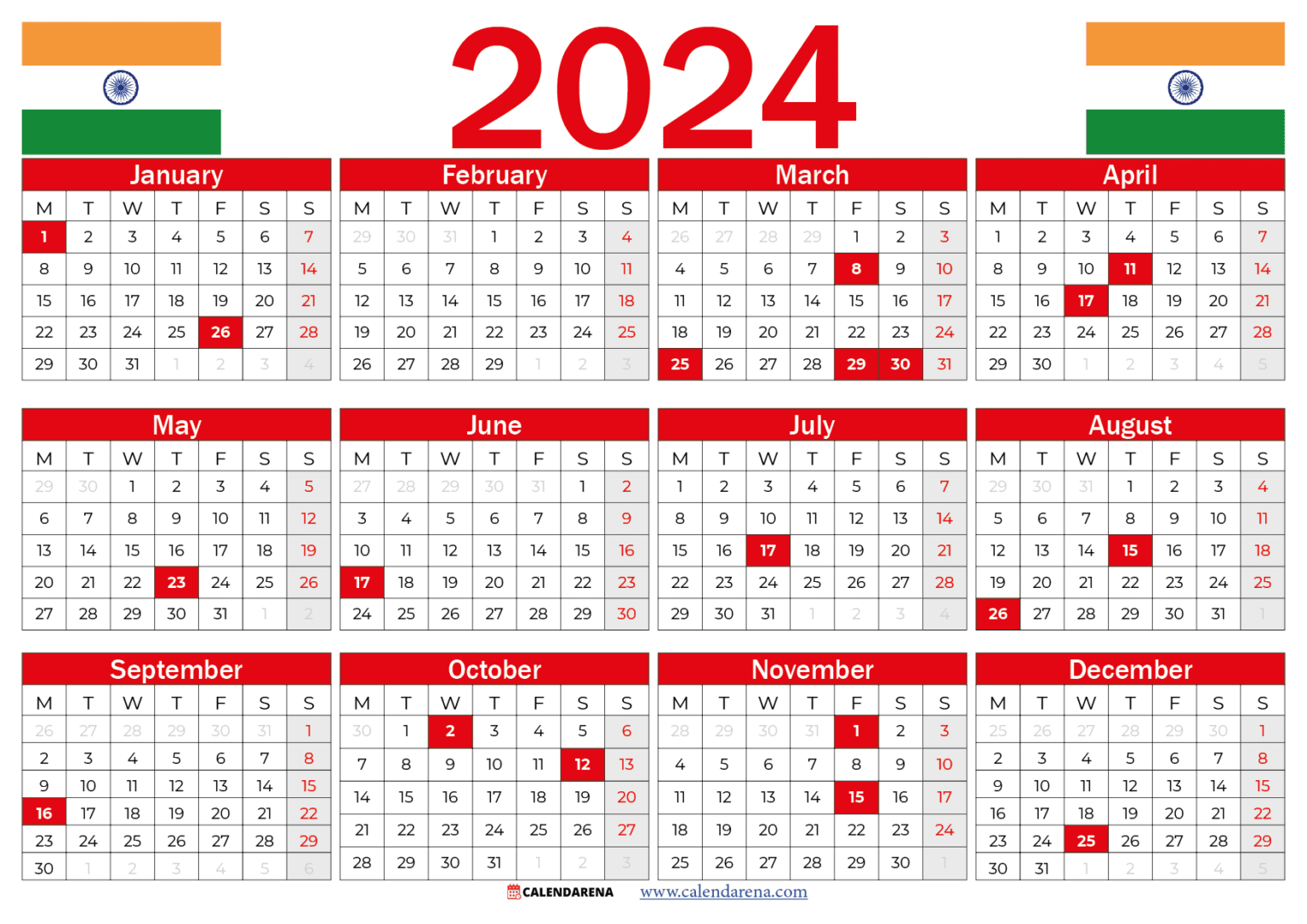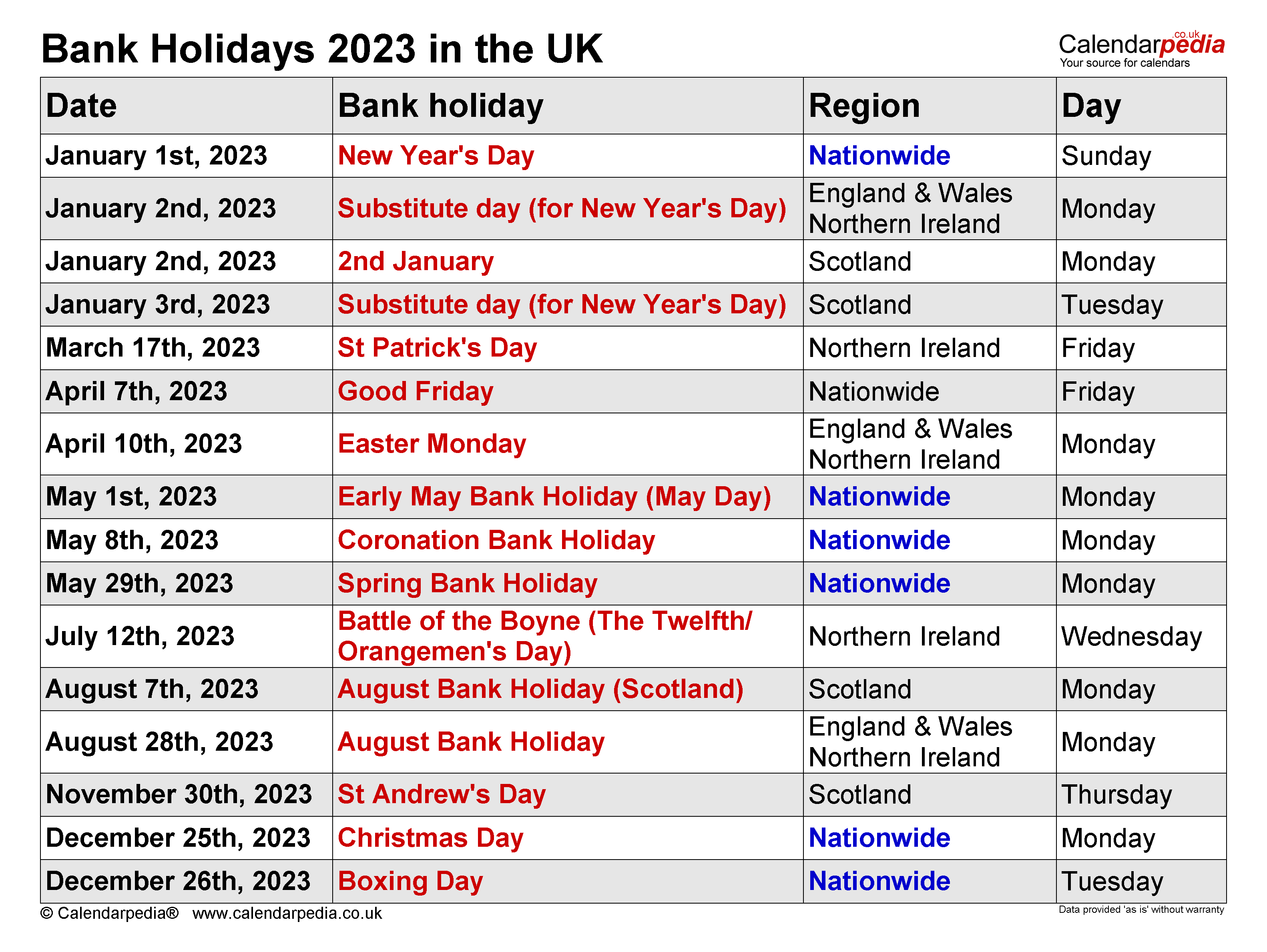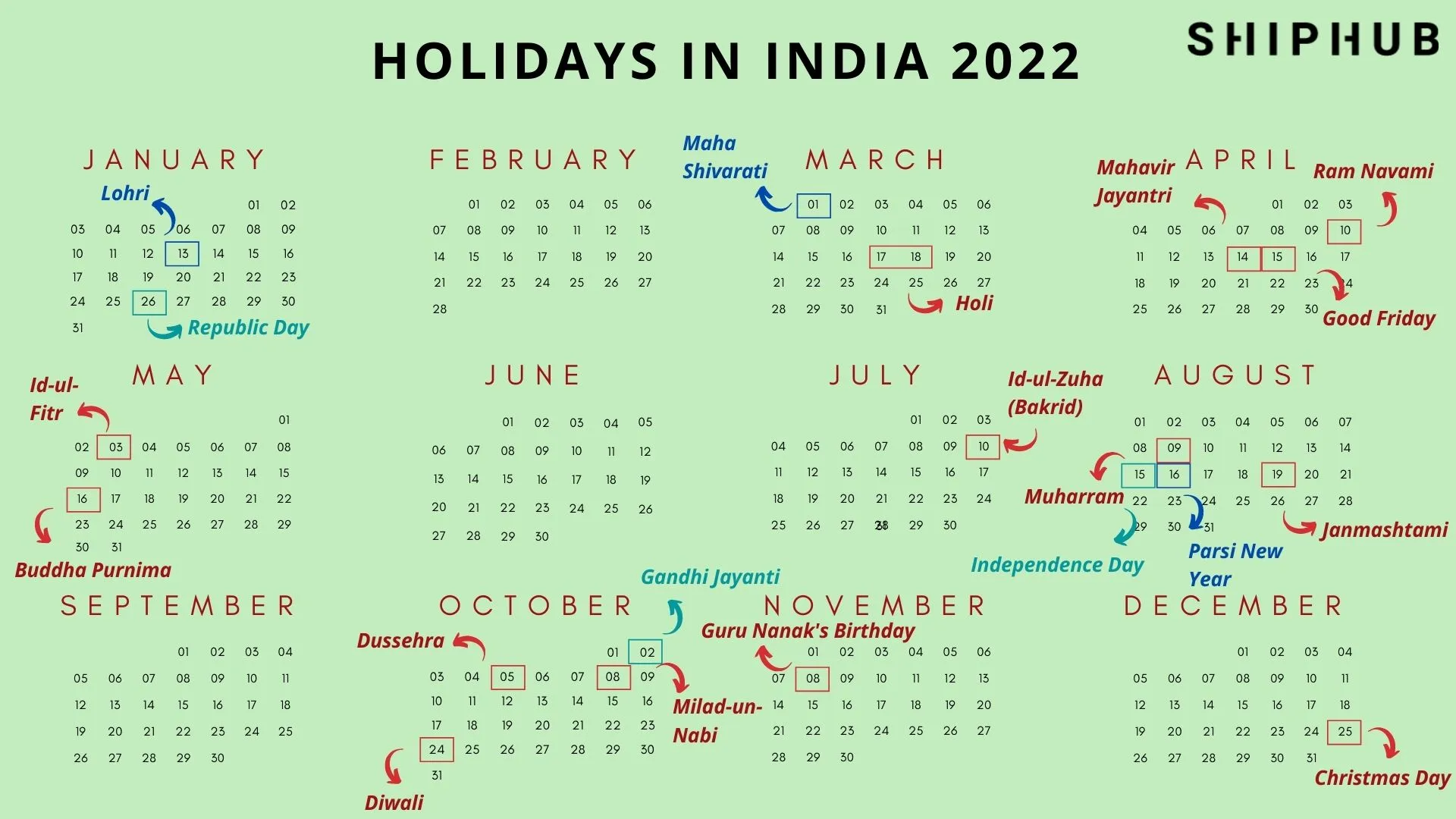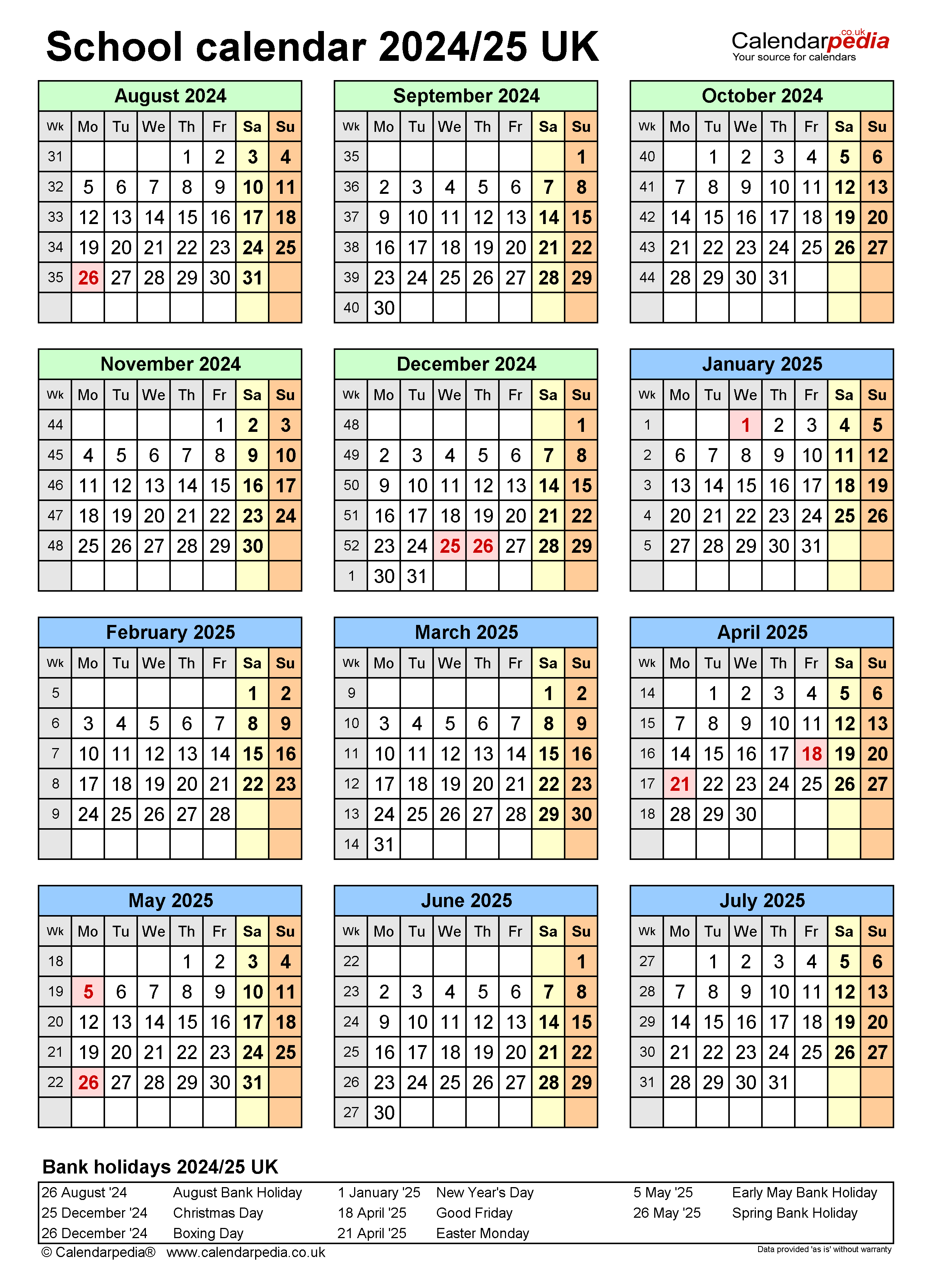Would May 2025 Calendar Be A Holiday
May 2025: A Holiday Calendar? Exploring the Possibilities and Probabilities
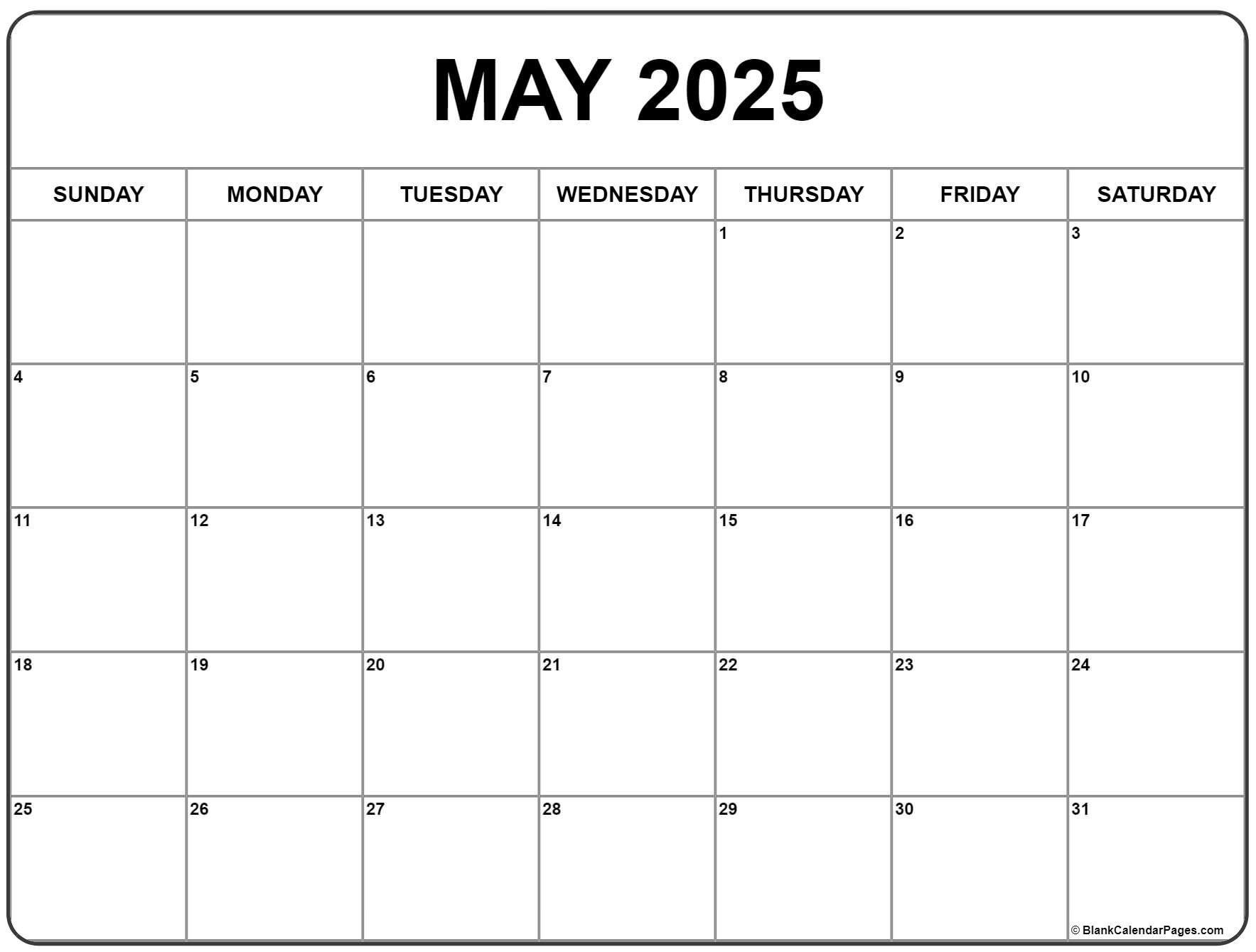
The question of whether May 2025 might become a designated "holiday calendar" – a period characterized by widespread celebration and time off – is a fascinating one, blending elements of social trends, economic considerations, and the ever-elusive nature of predicting future events. While no official declaration currently exists, exploring the potential scenarios and contextual factors can illuminate the feasibility and desirability of such an idea.
The very concept of a "holiday calendar" requires definition. Does it mean a single, universally recognized holiday spanning the entire month? Or does it refer to a concentration of existing and newly created holidays, resulting in a de facto extended period of celebration and rest? The answer significantly influences the analysis of its likelihood.
Arguments for a May 2025 Holiday Calendar (or a heightened period of celebration):
-
Millennial and Gen Z Influence: Younger generations are increasingly prioritizing work-life balance and mental well-being. This shift in societal values could drive demand for longer holiday periods, potentially influencing governments and businesses to accommodate this preference. A concentrated period of celebration in May, perhaps leveraging existing holidays or creating new ones, could resonate with this demographic.
-
Economic Stimulus: A widespread holiday period could stimulate economic activity. Increased spending on travel, entertainment, and leisure could offset any short-term economic slowdown caused by reduced work productivity. This potential economic benefit might incentivize governments to consider such a measure, particularly if strategically timed to coincide with low seasons in other industries.
-
Global Events and Anniversaries: The year 2025 might see significant global events or anniversaries that could organically create a celebratory atmosphere. A major international sporting event, a significant cultural milestone, or a technological breakthrough could all contribute to a feeling of collective celebration and potentially lead to unofficial, widespread time off.
-
Technological Advancements and Remote Work: The increasing prevalence of remote work and flexible working arrangements could make a month-long holiday more feasible. Businesses might find it easier to manage operations with employees working remotely, even during an extended holiday period, provided sufficient planning and communication.
-
Climate Change Awareness: May could be strategically chosen to coincide with initiatives focused on environmental protection and sustainability. A month-long focus on environmental awareness, coupled with a period of reduced industrial activity, could be a powerful way to address climate change concerns. This could be linked to existing Earth Day celebrations, creating a larger, more impactful event.
Arguments Against a May 2025 Holiday Calendar:
-
Economic Disruption: A month-long holiday could severely disrupt many industries, particularly those with essential services or tight production schedules. The potential economic losses could outweigh any benefits, leading to strong opposition from businesses and governments.
-
Logistical Challenges: Coordinating a month-long holiday across different countries and cultures would be an enormous logistical undertaking. Differing national holidays, religious observances, and work regulations would create significant complexities.
-
Lack of Precedent: There is no historical precedent for a month-long universally recognized holiday. The sheer scale and novelty of such an undertaking would make it a significant challenge to implement effectively.
-
Political Feasibility: Securing international consensus on a month-long holiday would be exceptionally difficult. Differing political agendas and national priorities would make it almost impossible to achieve unanimous agreement.
-
Social Equity Concerns: A month-long holiday might disproportionately benefit those with higher incomes and greater financial security, potentially exacerbating existing social inequalities. Those with lower incomes might struggle to afford extended periods of time off, while essential workers might be unable to take advantage of the holiday.
Potential Scenarios and Hybrid Approaches:
Instead of a full-blown month-long holiday, more realistic scenarios might involve:
-
Concentrated Holiday Period: May could see a concentration of existing holidays and newly created ones, creating a period of extended celebration and potentially increased time off for many individuals.
-
Staggered Holidays: Businesses and organizations could adopt staggered holiday schedules, allowing for reduced workforce capacity but avoiding complete shutdowns.
-
Themed Months: May could become a "themed month," focusing on specific issues like environmental sustainability or mental well-being, encouraging individuals and organizations to participate in related activities but not necessarily requiring a complete shutdown.
Conclusion:
The prospect of May 2025 becoming a universally recognized "holiday calendar" is highly unlikely. The logistical, economic, and political challenges are immense. However, the increasing societal emphasis on work-life balance and the potential for strategic use of holidays could lead to a more concentrated period of celebration and time off in May 2025 than in previous years. This could manifest as a cluster of holidays, a thematic focus, or staggered holiday schedules adopted by various organizations. While a complete month-long global holiday remains a distant prospect, the possibility of a more relaxed and celebratory May in 2025 is certainly worth considering, given the evolving societal values and technological advancements shaping our world. Ultimately, the future of May 2025 will depend on the confluence of economic realities, social trends, and political will.


